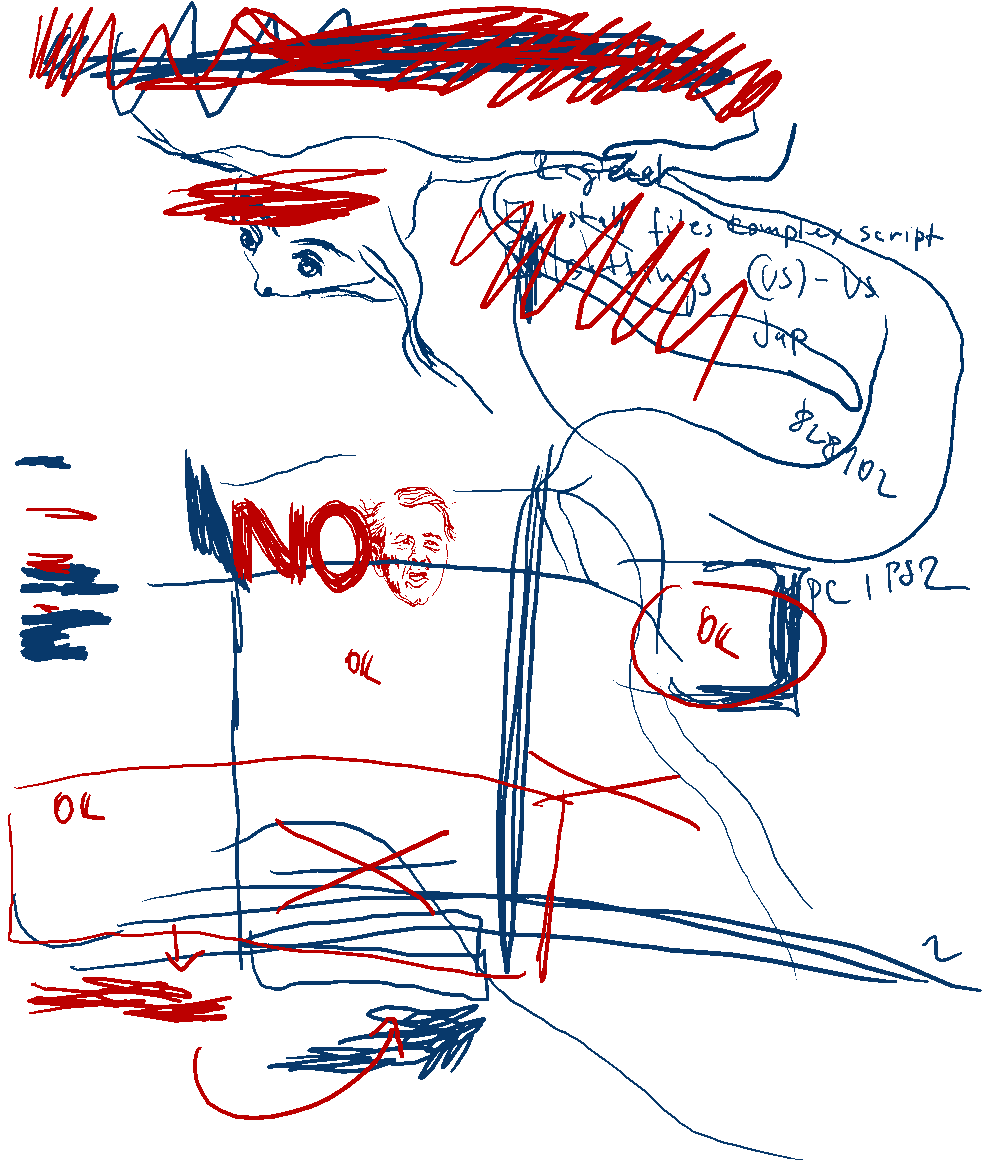Editor’s Note: The following story includes graphic material. Audience discretion is advised.
The scene inside the Al-Nasr hospital ICU ward is chilling. The tiny bodies of babies, several still attached to wires and tubes that were meant to keep them alive, decomposing in their hospital beds. Milk bottles and spare diapers still next to them on the sheets.
The video inside the hospital was filmed on November 27 by Mohamed Baalousha, a Gaza reporter for UAE-based news outlet Al Mashhad. He shared an unblurred version with CNN, which shows the remains of at least four infants.
Three of them appear to be still connected to hospital machines. The bodies of the babies appear to be darkening and disintegrating from decay, with little more than skeletons left in some of the beds. Flies and maggots are visibly crawling across the skin of one child.
The circumstances around one of the most horrifying videos to emerge from the war in Gaza remain unclear, but after days of piecing together available information, using interviews, published statements and video, a chaotic scene can been painted of hospital staff trying to protect their most vulnerable patients, caught in the middle of a raging battle – waiting for help that never arrived.
Here is what CNN found: CNN geolocated the video to the hospital in northern Gaza. This area has been largely unreachable to journalists in recent weeks due to the intensity of fighting but during the seven-day truce, Baalousha says he was able to access the hospital to film what was left there.
From early November, the Al-Nasr and Al-Rantisi children’s hospitals, which form part of the same complex, had become the frontline of fighting between Israeli and Hamas forces.
In public statements and interviews, several medical staff and health officials from Al-Nasr said they had to hurriedly evacuate the hospital on November 10, under the direction of Israeli forces.
Medical staff described having to leave young children behind in the ICU because they had no means to safely move them.
A doctor associated with the hospital, who did not want to be named, told CNN that two of the children – a two-year-old and a nine-month-old baby – had died shortly before the evacuation but that three children were left alive still connected to respirators. One of those left alive was two months old. Several of the infants in the ICU had been suffering from genetic disorders, according to the doctor.
The condition of those left behind alive – both at the time the fighting reached the hospital and when the evacuation took place – remains unclear.
Read more about what we know about the evacuated ICU in Gaza
















